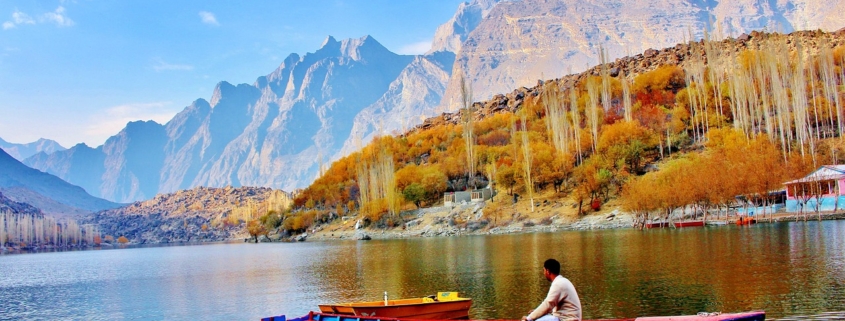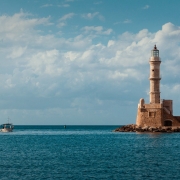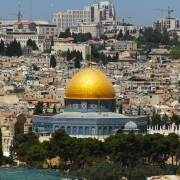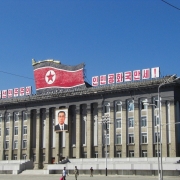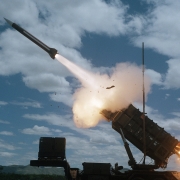How did Pakistan came into existence?
Topic of Study [For H2 History 9174 Students]:
Paper 1: Conflict and Cooperation (1948-2000)
Section B: Essay Writing
Theme III Chapter 2: Indo-Pakistani Conflict (1947-1972)
Examine the historical significance of the India-Pakistan partition in 1947 [Video by TRT World].
Quaid-e-Azam: Enter Muhammad Ali Jinnah
In 1876, Mahomedali Jinnahbhai (Jinnah) was born in Karachi. Seven years later, the eldest son of a merchant moved to London to study law at the Lincoln’s Inn. In the process, Jinnah learnt more about nationalist politics.
Jinnah then returned home and joined two organisations – the Indian National Congress and the Muslim League. He urged both groups to seek cooperation in order to achieve self-government. As a result, the Lucknow Pact was created in December 1916. The Pact presented a set of demands to the British, such as greater representation to the religious minorities in the provincial legislatures.
The [Lucknow] pact, according to Lal Bahadur, “proved the British allegation of sharp division between the Hindus and the Muslims and justified, for all intents and purposes, all earlier propaganda of the latter regarding the exercise of the so called high handedness by the former… The ought to have understood that this concession to the Muslims separationists would tear the nation forever into two sharply divided communities“.
An excerpt taken from “Muslim Separatism and the Partition of India” by Debadutta Chakravarty.
However, the rise of Mahatma Gandhi gradually overshadowed Jinnah’s prominence in Indian politics by the 1920s. Over time, a political rivalry between the two political figures surfaced. Gandhi led the Indian National Congress, whereas Jinnah helmed the Muslim League.
A nation for the Muslims in India: The Lahore Resolution
Jinnah stressed that the Muslim League represented the Muslim population in India. He asserted that the Muslim interests were not adequately protected in spite of the 1937 elections. More importantly, Jinnah claimed that a Hindu-dominated India would be problematic since the Muslims should also play an equally important role in the politics of an independent nation.
Jinnah asserted in 1940 that the Indian Muslims were not a minority but a nation, thus entitled to the principle of self-determination. Under the ‘Two-Nation Theory‘, the Muslims and Hindus are two separate nations. The Muslims should have their own separate homeland in which Islam is the dominant religion, which differed from the Hindus.
On 23 March 1940, the Lahore Resolution was made by the Muslim League, calling for the autonomy of territories in the northwestern and eastern parts of British India. Notably, 23 March is the National Day of Pakistan.
Ironically, inasmuch as it had outlined a separate Muslim homeland, the reference point for this parallel federalist thinking was the 1940 Lahore Resolution, which was passed by the All India Muslim League and canonized as the raison d’etre for Pakistan after partition. […] The Lahore Resolution raised more questions than answers. Would there be one or more groupings? What was the meaning of independent sovereign units? How many states were visualized for Muslims?
An excerpt taken from “Unstable Constitutionalism Law and Politics in South Asia” by Mark Tushnet and Madhav Khosla.
Choudhry Rahmat Ali came up with a name for an autonomous Muslim state in northwestern India: Pakistan. It was an acronym composed of the first letters of Panjab, Afghan Province, Kashmir and Sindh and the last syllable of Baluchistan. Although Jinnah initially objected to Rahmat Ali’s proposition, the former eventually accepted the creation of a ‘moth-eaten’ Pakistan on 14 August 1947.
Join our JC History Tuition to learn more about the Indo-Pakistani conflict under the theme of Conflict and Cooperation. The H2 and H1 History Tuition feature online discussion and writing practices to enhance your knowledge application skills. Get useful study notes and clarify your doubts on the subject with the tutor. You can also follow our Telegram Channel to get useful updates.
We have other JC tuition classes, such as JC Math Tuition and JC Chemistry Tuition. For Secondary Tuition, we provide Secondary English Tuition, Secondary Math tuition, Secondary Chemistry Tuition, Social Studies Tuition, Geography, History Tuition and Secondary Economics Tuition. For Primary Tuition, we have Primary English, Math and Science Tuition. Call 9658 5789 to find out more.

